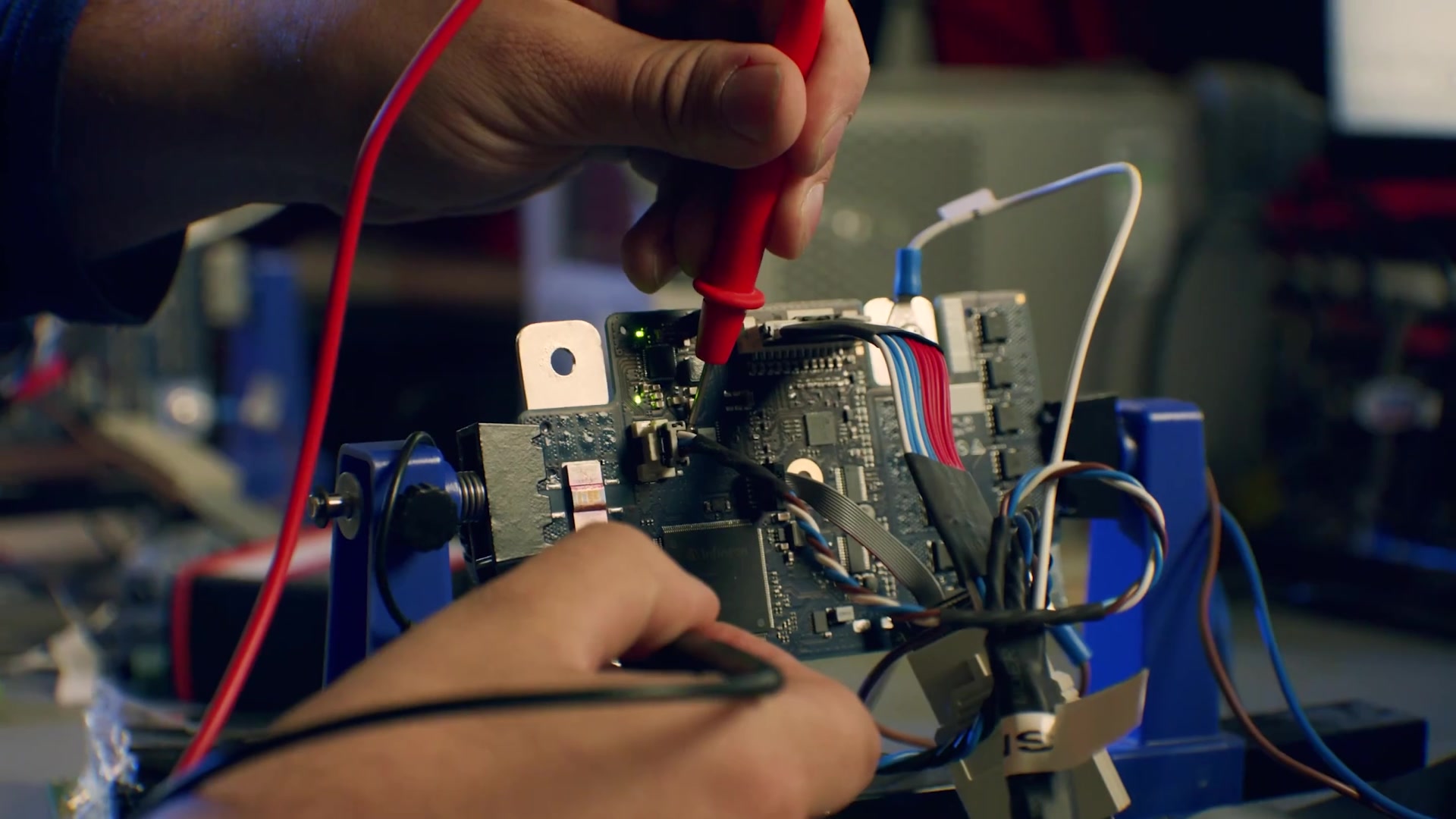
Eatron Technologies and WMG, University of Warwick have developed an innovative new approach to estimating accurately an electric vehicle battery’s remaining useful life, helping to unlock additional performance, greater range, and increased levels of safety.
Developed with funding from the Faraday Institution, the collaborative project (known as VIPER – Validated & Integrated Platform for battery Remaining useful life) has combined WMG’s advanced electrochemical models with Eatron’s cloud battery management and integration expertise to deliver Remaining Useful Life (RUL) estimates that are more than 90% accurate.
The condition and performance of a battery changes as the cells within it age over time. If this natural degradation is not monitored closely, it can lead to cell failures with serious consequences. Traditional RUL estimates often rely on simple voltage-based analytics that may miss complex failure conditions, potentially risking the safety of consumers, while others that err on the side of caution may result in perfectly healthy battery packs being unnecessarily rendered unusable.
By accurately predicting a battery’s RUL, it becomes possible to extract the maximum performance and longevity from it, without compromising safety.
The solution developed by Eatron and WMG can be embedded in an automotive-grade battery management system (BMS) or deployed across a cloud-based platform, a concept that is particularly appealing for fleet applications.
In addition, when an automotive battery is eventually redeployed into its second life, it can be accompanied by an accurate picture of its health in the form of a battery passport that negates the need for expensive testing and increases the breadth of its operating window.






![[トミカ]「No.61 スズキ アルト」「世代を超えて愛される軽自動車」がコンセプトの7代目アルト。](https://www.fujijikou.jp/wp-content/uploads/2020/03/No.61-7-150x150.jpg)



